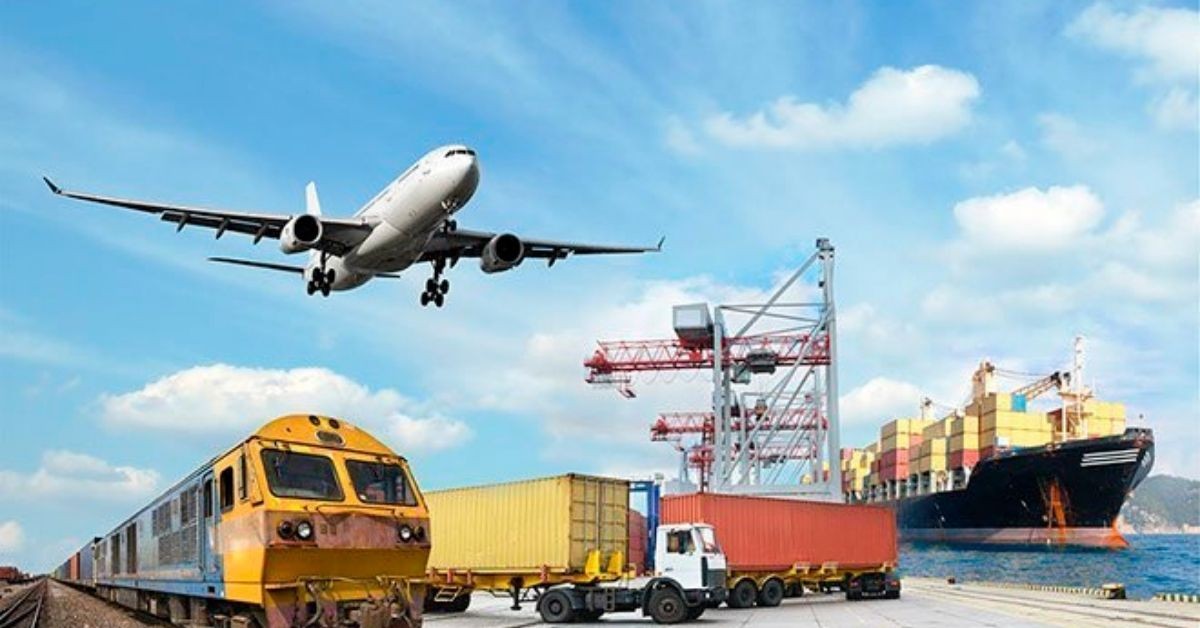Expecting a massive surge in shipment volumes during the festival season in October, logistics companies have ramped up hiring and expanded capacity. Companies such as Ecom Express, XpressBees and Shyplite have hired gig workers, expanded capacity and even launched operations at new locations as they gear up for the sales.
Ecom Express has launched a delivery partner programme, ‘Ecom Sanjeev’, to engage over 16,000 gig workers during the season to scale up the company’s delivery capabilities. Fourth-party logistics outfit Shyplite has added nine fulfilment centres across key metros, including Delhi, Mumbai and Bengaluru, and is also hiring for over 100 positions across verticals such as sales, servicing and operations.
“We are actively working towards meeting the rising demands of over 100,000 sellers on our platform and are aiming to expand into six more cities in the coming months,” said Sugam Jain, Founder and CEO, Shyplite.
XpressBees has roped in 2,800 channel partners, 3,000 agents and also tied up with 2,000 stores, in anticipation of a surge in demand from smaller towns, said Harshal Bhoi, Chief Business Officer, B2C, XpressBees.
Marketplaces have also been expanding capacity and hiring people ahead of the festive sales. Walmart-owned Flipkart last month introduced three new fulfilment centres in Karnataka, which are expected to create 14,000 job opportunities. Amazon India launched its largest fulfilment centre, with a storage capacity of more than 2.4 million cubic feet, in Bengaluru last week.
Orders galore
The festival of Dussehra (October 14 this year) usually marks the onset of the festive season, which goes on till Christmas and New Year across the country. E-commerce giants such as Flipkart and Amazon launch their sales events — Big Billion Days (BBD) and The Great Indian Festival — with much fanfare to mark the onset of festivities. Other vertical and horizontal marketplaces, too, launch festive sales during this period.
Flipkart will be hosting Big Billion Days from October 6-12 this year. And while Amazon is yet to announce dates for The Great Indian Festival, it usually launches the event around the same days as Flipkart’s BBD.
Last year, these companies raked in over $4 billion in sales during their flagship events, a growth of 55 percent over the $2.7 billion clocked in 2019, according to RedSeer Consulting. This year, however, growth will be lower because of last year’s larger base.
“Given the high base of last year, we are expecting a lower market shipments growth of around 25 percent this festive season,” said Farhaan Mukadam, Senior Vice President, Alvarez & Marsal. “Last year saw higher than usual growth in shipments due to higher than normal addition of e-commerce users driven by lockdowns and pent-up demand,” he added.
Mukadam projects the overall e-commerce shipments during the peak festival days could reach 2 crore as compared to the daily average 60-80 lakh shipments being witnessed currently.
Logistics companies, too, are projecting higher demand for their services.
XpressBees expects a peak of 1.5 million shipments during the festive sales. T.A. Krishnan, Co-founder and CEO, Ecom Express, said that given the heightened traction from tier II cities and beyond, as well as increased deployment of services by several retail and direct-to-consumer brands, a 70-80 percent surge in volumes is expected over last year.
Shyplite is expecting a 40-50 percent jump in orders during the season.
Logistics’ growth trajectory
According to a report by RedSeer Consulting, third-party logistics players currently account for 0.85 billion e-commerce shipments out of the 3 billion shipments overall in India (in 2020) and are expected to fulfil 3 billion shipments by 2024.
Their share in the overall e-commerce market grew to 27 percent in 2020 from 22 percent due to a sudden spike in demand after Covid-19, especially for e-grocery and e-tailing, which could not be handled by captive logistics arms alone.The report indicates this sudden growth is expected to stabilise at 25 percent in the next four years. The remaining 73 percent, the report reveals, is commanded by the captive arms of e-commerce companies. Flipkart and Amazon, through their respective logistics arms Ekart and ATS, have the largest share in this market, according to industry reports.
Source : Money Control







